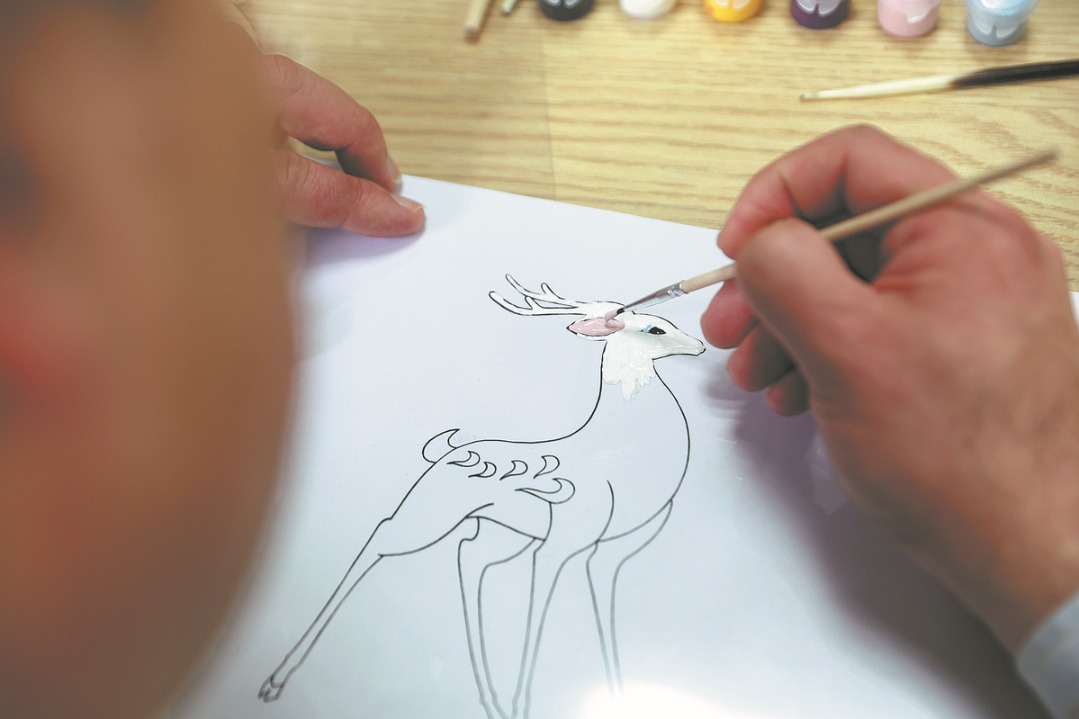S. Africa calls for stronger multilateralism

Ahead of this year's G20 Summit in South Africa, officials and experts are calling for a renewed commitment to global cooperation and a stronger multilateral system.
Alvin Botes, South Africa's deputy minister of international relations and cooperation, said the country is using its G20 presidency to strengthen multilateralism.
He criticized certain Western countries for pursuing "narrow interests", saying such tendencies put the global cooperative system under strain.
"We have to deepen multilateralism and multipolarity based on international law. Africa sees the G20 as a bridge builder for the haves and the have-nots to recalibrate economic fortunes, equitable and just energy transition, debt reform and reform of international governance architecture," Botes said.
South Africa, together with other African and Global South countries, seeks reforms in institutions such as the United Nations, the World Bank and the International Monetary Fund, he said. "South Africa would like to see countries of the world work together for the common good."
Ricardo Gottschalk, a senior economist at the Office of the UN Resident Coordinator in South Africa, said there is an urgent need to recalibrate multilateral systems so they can deliver more effectively for the global common good.
"We must embrace diversity, dialogue and a collective path for the future. We need a diverse finance landscape and multilateral institutions talking to each other and collaborating," he said.
Philani Mthembu, executive director of the think tank Institute for Global Dialogue in South Africa, said multilateralism has come under pressure in recent years, partly because of shifting political leadership in Europe and the United States. It has recently struggled to resolve conflicts effectively, he added.
"We have to reimagine multilateralism, wielding the power to change evolving multilateral systems. G20 has a role to play in that," he said.
He warned that the coming years could be "bumpy" as multilateralism undergoes transition, urging countries to stay engaged rather than withdraw.
South Africa will hand over the G20 presidency to the US this year, followed by the United Kingdom. Mthembu said it remains to be seen whether the G20 will maintain policy continuity and whether the concerns of the Global South will remain a priority.
Lumkile Mondi, a senior lecturer at the School of Economics and Finance at the University of the Witwatersrand in Johannesburg, urged the Global South countries to collaborate to tackle shared challenges.
Countries should work together on skills exchange, economic growth, the just energy transition and efforts to reduce unemployment and inequality, Mondi said.
William Baloyi, deputy spokesman for the South African government, reaffirmed the country's commitment to global cooperation.
South Africa is open to working with all partners, Baloyi said, adding that countries are welcome to join the G20 if they wish — and free to opt out by choice.
The country will continue to engage through the Southern African Development Community, the African Union, BRICS, the UN and other multilateral platforms to strengthen multilateralism, he said.
The writer is a freelance journalist for China Daily.
Today's Top News
- Japan bears blame for worsening China ties
- People-centered outlook applauded
- China condemns US $330m arms sale to Taiwan
- Root causes behind Takaichi's provocative remarks alarming for all
- China to maintain pressure on Japan over PM's Taiwan comments
- Free trade zones incubators for nationwide policies






























